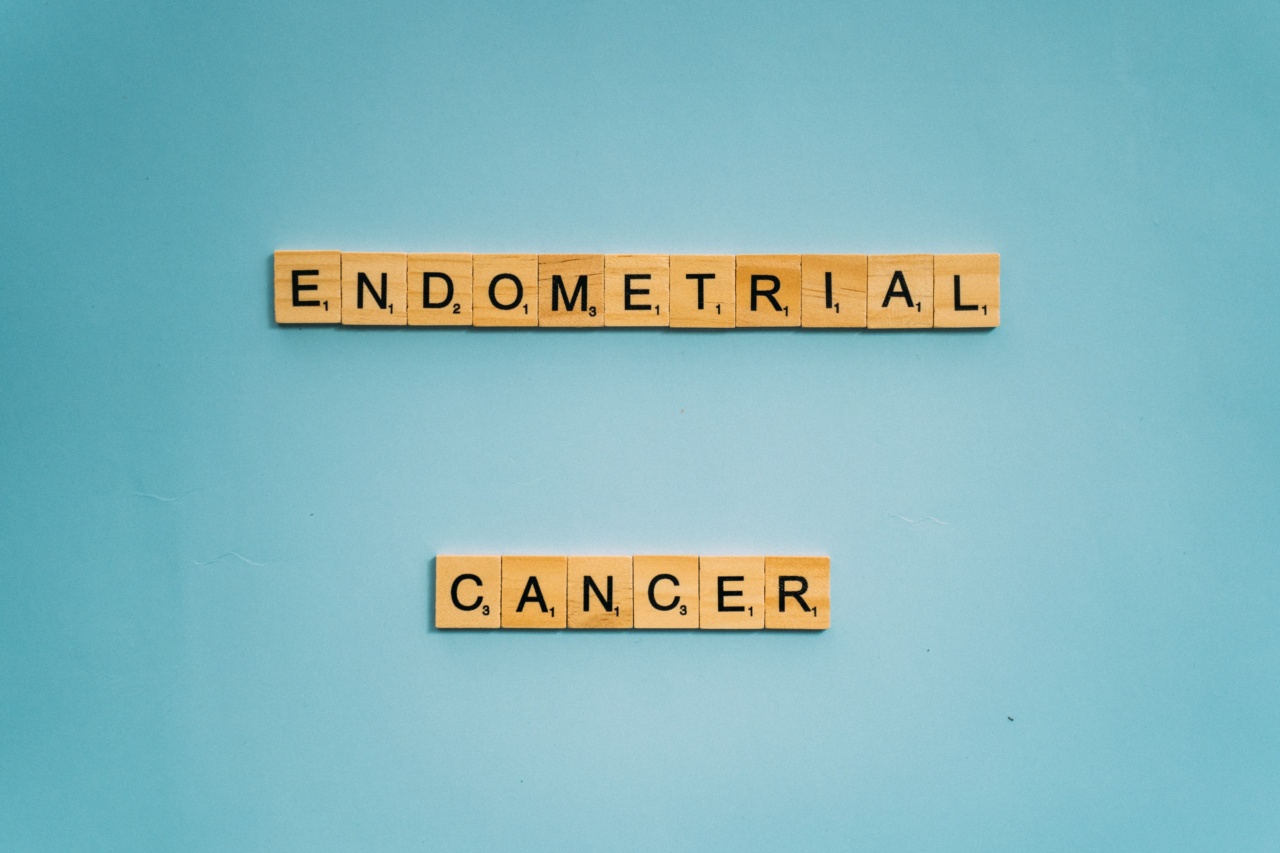Endometrial cancer is the most common type of uterine cancer. More than 60,000 women in the United States are diagnosed with this cancer every year. Endometrial cancer begins in the lining of the uterus, called the endometrium.
The most common symptom of endometrial cancer is abnormal vaginal bleeding.
Being overweight or obese is a major risk factor for endometrial cancer. In fact, about 40% of endometrial cancer cases are thought to be caused by excess body weight.
This is because fat cells produce estrogen, which can stimulate the growth of cancer cells in the endometrium.
How Does Being Overweight or Obese Increase the Risk of Endometrial Cancer?
Estrogen is a hormone that is produced mainly in the ovaries. However, fat cells also produce estrogen. Therefore, the more fat cells you have, the more estrogen your body produces.
Estrogen is known to stimulate the growth of cancer cells in the endometrium. When your body produces too much estrogen, it can lead to the development of endometrial cancer.
How Much Weight Gain Increases the Risk of Endometrial Cancer?
Studies have shown that even a small increase in body weight can increase the risk of endometrial cancer. For every five-point increase in body mass index (BMI), there is a 30% increase in the risk of developing endometrial cancer.
In other words, the more weight you gain, the higher your risk of developing endometrial cancer.
Being overweight or obese also increases the risk of other types of cancer, such as breast, ovarian, and colorectal cancer. In addition, being overweight or obese increases the risk of other health problems, such as heart disease, stroke, and diabetes.
What Can You Do to Reduce Your Risk?
If you’re overweight or obese, losing weight can help reduce your risk of developing endometrial cancer. Studies have shown that losing even a small amount of weight can be beneficial.
In addition to losing weight, there are other steps you can take to reduce your risk:.
- Exercise regularly
- Eat a healthy diet that includes plenty of fruits, vegetables, whole grains, and lean protein
- Avoid or limit alcohol consumption
- Avoid or limit processed and red meats
- Don’t smoke
Conclusion
Endometrial cancer is a serious health issue that affects many women. Being overweight or obese is a major risk factor for this cancer, as fat cells produce estrogen, which can stimulate the growth of cancer cells in the endometrium.
By maintaining a healthy weight, exercising regularly, and eating a healthy diet, you can reduce your risk of developing endometrial cancer.
























